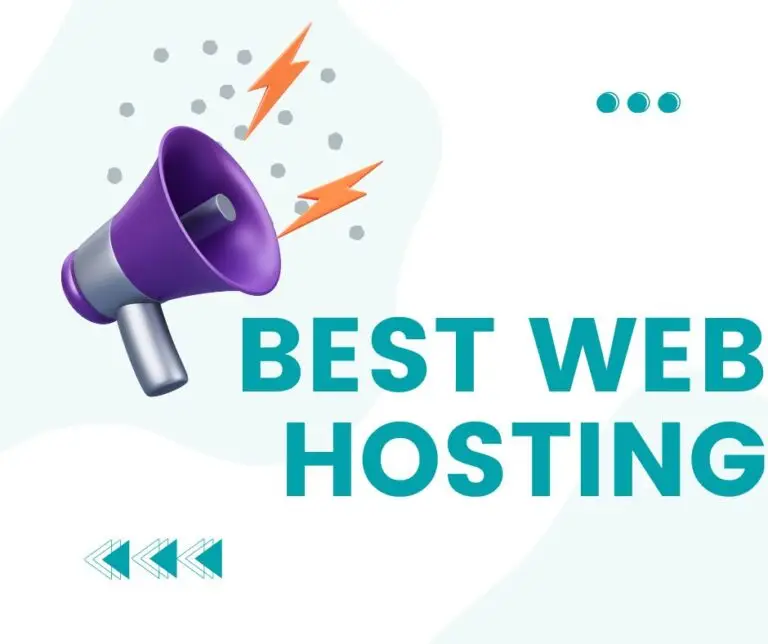As the world shifts more towards digital commerce, finding the right platform to establish and grow your online store is essential. Among the many platforms available today, Shopify stands out as an all-in-one solution for e-commerce. But what makes Shopify the go-to choice for many businesses? In this article, we’ll explore why Shopify is highly regarded, how it compares to other platforms, and answer key questions such as whether it’s suitable for beginners, if you can use Shopify without selling, and why Shopify may be better than WooCommerce.
What Makes Shopify the Best Platform for E-Commerce Websites?
When it comes to building a reliable, scalable, and easy-to-manage e-commerce website, Shopify is a front-runner for several reasons:
-
Ease of Use: Shopify’s user-friendly interface is designed with beginners and experts in mind. Its drag-and-drop features allow even those with little to no coding experience to set up an online store quickly. With over 100 free and paid templates, users can easily customize their store to suit their brand and aesthetic.
-
Scalability: Whether you’re a startup or a well-established business, Shopify can scale with your needs. From basic plans designed for small stores to enterprise-level solutions with Shopify Plus, the platform caters to businesses of all sizes.
-
Comprehensive App Ecosystem: Shopify’s App Store provides a wide range of plugins and integrations, from email marketing to inventory management and analytics, making it a powerful solution for running all aspects of your online business.
-
24/7 Customer Support: Shopify is known for its exceptional customer support, which is available 24/7 via live chat, phone, and email. This is particularly beneficial for beginners who may need extra help getting started.
Which E-Commerce Platform is Best for Beginners?
Shopify is often considered the best e-commerce platform for beginners due to its simplicity and versatility. Here’s why:
-
No coding skills required: Shopify’s platform is designed so that even someone with no technical knowledge can build a store. The drag-and-drop functionality allows users to customize their site without touching a single line of code.
-
Pre-designed themes: Shopify offers a variety of themes that are mobile-friendly and professionally designed. Beginners can easily tweak these templates to fit their brand.
-
Step-by-step guidance: From the moment you sign up, Shopify walks you through the setup process, including adding products, setting up payment methods, and configuring shipping options.
What is the Most Successful E-Commerce Platform?
When discussing success in the e-commerce world, it’s important to consider market share, ease of use, and versatility. Shopify has consistently been one of the most successful e-commerce platforms globally. With over 4.4 million websites powered by Shopify as of 2024, the platform holds a significant portion of the global e-commerce market.
Brands like Gymshark, Kylie Cosmetics, and Allbirds have all used Shopify to fuel their growth, demonstrating that the platform is not just for small businesses, but also capable of supporting large-scale operations.
Is Shopify the Best E-Commerce Platform?
While there are many competitors, including WooCommerce, BigCommerce, and Magento, Shopify frequently ranks at the top for various reasons:
-
Integrated Payment Solutions: Shopify offers multiple payment gateways, including Shopify Payments, which makes it easier for merchants to process transactions without worrying about external payment systems.
-
Global Reach: Shopify supports over 175 countries, multiple currencies, and various languages, making it a highly flexible platform for businesses looking to expand internationally.
-
Security: Shopify is a fully hosted platform, meaning it takes care of server management, security updates, and compliance, ensuring that your store is secure and up-to-date with the latest technologies.
Is Shopify Good for Websites?
Absolutely! Shopify isn’t just good for creating an online store; it’s also an excellent platform for building a comprehensive website. With its customizable themes, SEO tools, and blog integration, Shopify can function as a full-featured website, offering more than just e-commerce functionality.
-
SEO-Friendly: Shopify provides built-in SEO features that help optimize your store for search engines, from customizable title tags to meta descriptions and alt text.
-
Blog Integration: Shopify includes a built-in blogging platform, allowing you to create content that drives organic traffic to your site.
-
Fast Loading Speeds: Shopify is a hosted platform, meaning the company manages its servers. This results in fast loading times, which is essential for reducing bounce rates and improving the overall user experience.
Can I Use Shopify Without Selling?
Yes, you can use Shopify even if you’re not actively selling products. For example, you might want to build a website to showcase your portfolio, blog, or service-based business. Shopify’s Lite Plan, which costs around $9 per month, allows you to add a “Buy Button” to any existing website or blog without the need for a full-fledged online store.
Additionally, Shopify provides tools for building a storefront where you can showcase products or services without necessarily making them available for purchase.
Why is Shopify Better Than WooCommerce?
While both Shopify and WooCommerce are popular platforms, Shopify has some distinct advantages over WooCommerce, particularly in terms of user-friendliness and support:
-
Ease of Use: Shopify is a fully hosted solution, meaning that all technical aspects like server management, hosting, and security are handled for you. WooCommerce, on the other hand, requires users to handle their hosting, install WordPress, and configure various plugins, making it more time-consuming for beginners.
-
Maintenance: WooCommerce is a plugin for WordPress, meaning users must manually update both WooCommerce and WordPress, as well as any associated plugins. Shopify, being a hosted platform, automatically handles updates and maintenance.
-
Cost: WooCommerce is technically free, but you will need to pay for hosting, security, and other features through plugins. Shopify’s pricing is more transparent, and while the initial cost might seem higher, it includes hosting, security, and many essential features, making it easier to calculate your overall expenses.
-
Support: Shopify offers 24/7 customer support, while WooCommerce users have to rely on community forums or third-party developers for assistance, which can be less reliable in urgent situations.
Conclusion
Shopify is more than just an e-commerce platform; it’s a complete, all-in-one solution that caters to both beginners and established businesses. Its user-friendly interface, scalability, robust app ecosystem, and exceptional support make it one of the best platforms for building and growing an online store. While there are other options like WooCommerce, Shopify’s ease of use, security features, and comprehensive support set it apart, making it an ideal choice for anyone looking to enter the world of e-commerce. Whether you’re just starting or looking to scale your business, Shopify offers the tools and flexibility you need to succeed


